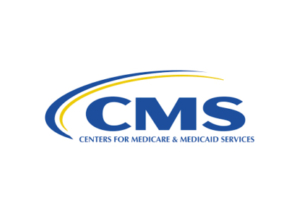New federal guidelines will make it easier for state Medicaid programs to cover mental health services provided in institutions for mental diseases (IMD).
 For years, Medicaid regulations greatly limited the ability of states to pay for care – generally, care related to substance abuse disorder treatment – provided in IMDs; this was generally known as the IMD exclusion. The Substance Use-Disorder Prevention that Promotes Opioid Recovery and Treatment for Patients and Communities Act, also known as the SUPPORT for Patients and Communities Act, which was passed in 2018, opened the door for more exceptions to these limits, and last week, the Centers for Medicare & Medicaid Services approved a section 1115 waiver application submitted by the Washington, D.C. Medicaid program to circumvent the IMD exclusion for specific purposes.
For years, Medicaid regulations greatly limited the ability of states to pay for care – generally, care related to substance abuse disorder treatment – provided in IMDs; this was generally known as the IMD exclusion. The Substance Use-Disorder Prevention that Promotes Opioid Recovery and Treatment for Patients and Communities Act, also known as the SUPPORT for Patients and Communities Act, which was passed in 2018, opened the door for more exceptions to these limits, and last week, the Centers for Medicare & Medicaid Services approved a section 1115 waiver application submitted by the Washington, D.C. Medicaid program to circumvent the IMD exclusion for specific purposes.
At the same time that CMS approved the Washington waiver application it also issued formal guidance to state Medicaid programs outlining the circumstances and conditions under which it would consider waiver applications for similar circumvention of the IMD exclusion to facilitate the provision of care in IMDs for patients with substance abuse disorders and other serious mental health problems. The CMS guidance memo addresses the types of care for which it might approve a waiver, the types of facilities in which waiver-authorized services can be provided, and the extent to which states could receive federal Medicaid matching funds for services provided to eligible patients through approved programs.
Learn more about the Washington waiver in the Fierce Healthcare article “CMS approves D.C. Medicaid waiver, paving way for broader mental health coverage” and read the CMS guidance memo to states here.

